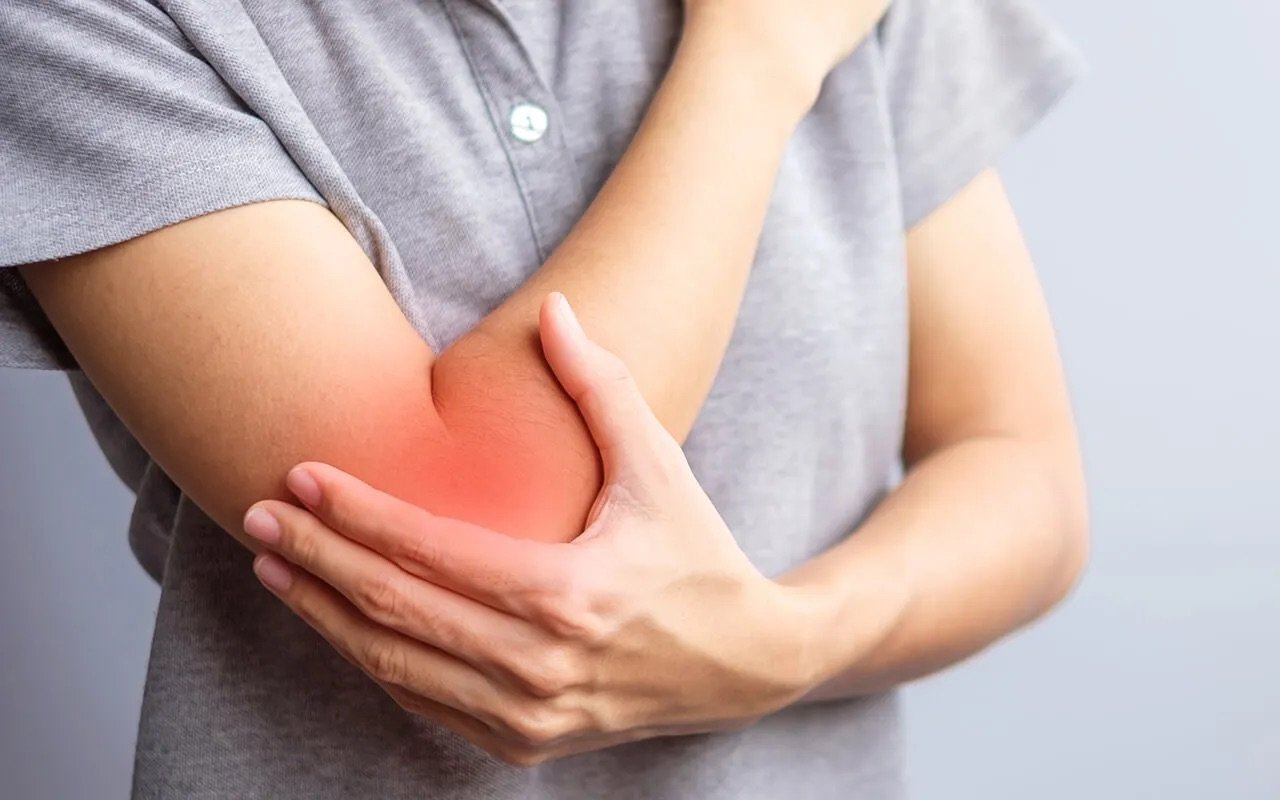How does NAD+ Affect Muscle and Tissue Regeneration?
Maintaining a healthy, strong, and fit body is paramount to an active and happy lifestyle. However, injuries, surgeries, and the normal wear and tear of aging can take a toll on our bodies. Supplementing with NAD+ may help promote muscle and tissue regeneration.
This blog will discuss how NAD+ affects muscle and tissue regeneration, the potential benefits for athletes and those recovering from injuries or surgeries, and the potential consequences of NAD+ deficiency and ways to address it.
NAD's Role in Your Metabolism
NAD works on mitochondria and increases the length of telomeres, which are the protective caps located at the ends of chromosomes that become shorter as the body ages. NAD increases the activity of SIRT1 and PARP 1 proteins, which are linked with a slower rate of aging and influencing DNA repair respectively. – source
This coenzyme plays a significant role in muscle repair and growth by helping support healthy body energy levels and protein production.
As normal levels drop, muscle recovery declines, leading to longer recovery from injuries or surgeries.
NAD+2 is involved in many metabolic pathways within the body’s cells, including producing energy molecules such as ATP and synthesizing proteins. These proteins are essential for muscle repair and growth.
Increasing NAD+ levels in the body support these processes and promote healthy muscle growth and repair. It is involved in many essential cellular functions:
DNA repair
reducing age-related cellular damage
helping regulate the inflammatory response within your body.
All of these processes are necessary for tissue regeneration and repair.
Supplementing with NAD+ can help increase muscle strength and power and speed recovery after injury or surgery. Doing this helps to promote muscle strength and growth, as well as to improve performance and endurance.
The Effects of NAD+ Supplementation on Muscle Regeneration
NAD+ is a vital molecule for cellular energy production that can benefit muscle regeneration.
In one study, researchers found that NAD+ levels influence3 many cellular processes, including mitochondrial biogenesis, transcription, and extracellular matrix organization. These processes are essential for supporting healthy cell regeneration and muscle development.
The NAD+ supplement is typically available in either NAD+ injections, capsules, or NAD+ IV therapy forms. Only consider this after consulting with a medical professional first. Taking too much NAD+ can cause side effects such as nausea, diarrhea, and headaches.
NAD+ Benefits for Athletes and Elders
Athletes and older adults are particularly likely to benefit from the effects of NAD+. For athletes, supplementation may enhance physical performance, increase energy levels, and promote faster recovery from intense physical activity.
It may play a role in boosting muscle strength and endurance by stimulating the production of muscle proteins.
For older adults, NAD+ supplementation may help counteract age-related muscle mass and strength decline. It can also help reduce inflammation, making it beneficial for those who suffer from joint pain or muscle soreness due to age-related degeneration.
Furthermore, NAD+ can promote healthy aging4 by improving cognition, reducing fatigue, and promoting cellular repair.
Benefits of NAD+ for Individuals Recovering from Injuries and Surgeries
NAD+ aids in forming new cells and helps repair damaged cells, which is especially beneficial for recovering from injuries or surgeries since it can help speed up the healing process.
It helps reduce inflammation and pain associated with tissue damage and scarring and could benefit those recovering from physical trauma or surgeries. Reduced inflammation and pain lead to improved recovery.
In addition, NAD+ has been found to play a role in energy production, which can be beneficial for individuals who may have limited physical activity due to their injuries or surgeries. The increased energy production provided by NAD+ supplementation can aid recovery and make physical activities easier for these individuals.
Overall, NAD+ supplementation has numerous benefits for recovering from injuries or surgeries.
It can help protect against tissue damage caused by oxidative stress
reduce inflammation and pain
provide increased energy production, contributing to a faster recovery process.
NAD+ Deficiency and its Effects on Muscle and Tissue Regeneration
NAD+ deficiency may lead to decreased muscle and tissue regeneration. There are several potential causes of NAD+ deficiency, including inadequate dietary intake of B vitamins, age-related changes, chronic stress, and alcohol consumption.
Additionally, certain medical conditions, such as diabetes and kidney disease, can decrease NAD+.
A decrease in NAD+ levels can inhibit cellular processes, impairing muscle regeneration. Low levels may also increase oxidative stress and inflammation, further damaging muscle repair and growth.
If left untreated, insufficient levels of NAD+ can lead to further impairments in muscle and tissue regeneration, increasing the risk of injuries and age-related degenerative conditions.
Summary
NAD+ plays a vital role in muscle and tissue regeneration, offering numerous potential benefits to those recovering from injuries or surgeries. Studies have demonstrated that NAD+ can help support muscle repair and growth, aiding the body’s natural healing process. Athletes and older adults may also benefit from NAD+ supplementation because it improves muscle strength and speeds injury recovery. Additionally, NAD+ deficiencies can reduce muscle and tissue regeneration, emphasizing the need to replenish it back to healthy levels. Overall, NAD+ supplementation can be a helpful tool for individuals who need to regenerate muscle and tissue.







